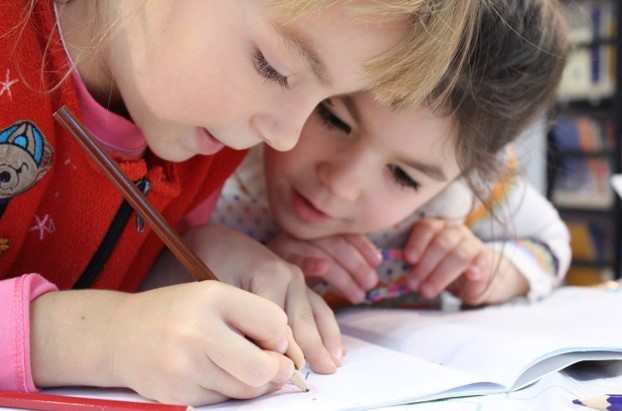The un-school movement: What it is and how it works?

The origin of unschooling
The unschooling movement can be traced back to Vermont educator and author John Holt. After working as a teacher in private schools in the late 1970s, Holt began advocating for self-directed learning for children.
He developed an educational philosophy centered on allowing children to learn based on their interests and motivations, as well as the idea that learning is a natural process that occurs all the time.
Unschooling is now practiced by families all over the world and encompasses a variety of approaches. Unschooling supporters emphasize the flexibility and opportunities that come with not adhering to predetermined expectations and goals.
Why unschool?
According to theorists, one major advantage of unschooling is that it allows families to have a flexible schedule. To deal with issues such as bullying, some families opt for unschooling. One of the main reasons parents choose homeschooling (including unschooling) is to get their children out of a bad school environment.
Unschooling is also appealing to many families with special needs students who do not always thrive in traditional school settings. According to research, many families with special needs children who [unschool] found that their children enjoyed and thrived during the pandemic.
Concerns associated with unschooling
The unschooling movement has its critics. “The standard version of school clearly isn’t working for many kids,” says education journalist Natalie Wexler wrote in a recent Forbes magazine essay.
Critics have pointed out that this type of learning can be difficult for working parents who are unable to spend the day with their children. Some are concerned about how unschooling will affect children’s admission to high school or college because unschooled children do not have grades and rarely take standardized tests.
However, unschooling, according to research, is not a barrier to college admissions. Despite not having the usual admissions credentials, unschooled adults reported little difficulty getting into colleges and universities of their choice and adapting to the academic requirements there.
Is unschooling the same as homeschooling?
Unschooling is regarded as a subset of homeschooling. It is difficult to estimate numbers, but the National Home Education Research Institute found that 13% of homeschoolers were unschooled.
According to the National Education Association, approximately 3% of US children are homeschooled, with rates nearly doubling in the last 20 years. These statistics are powerful enough to highlight the importance of unschooling and people’s inclination toward it.
Homeschooling allows parents to act as instructors, follow a set curriculum, and administer tests. However, unschooling usually does not include any of these elements: you simply create opportunities for your children to learn and follow their lead.
Unschooling allows children to learn at their own pace. Every child has his or her own learning pace. Not every child learns to walk at the same time, right? If we do not expect every kid to learn to walk at the same time then why expect every child to learn at the same pace?
Concluding thoughts
The greatest benefit of homeschooling is freedom. It gives you the freedom to go where you want, when you want, without worrying about tardy slips, excuses, or missed work. Unschooling provides many opportunities for our children that are not available in the classroom.
It is essential to accommodate students’ interests. When students are given a sense of liberty to manage their educational activities, it makes them more passionate and excited about learning more.
One size doesn’t fit all. The same is the case with education. Every child is unique and has different interests, intellectual abilities, and the capacity to absorb new concepts. Unschooling has given children room to learn on the basis of their capacity. But, at the same time, it has developed a great responsibility on the parents to look after the progress levels of their children and to keep an eye on their children’s learning track.
